Incredibly Powerful Herbs To Bring Down Your Stress Level
Everyone experiences stress at some time in their life. Whether it's the stress of writing a test, the stress of dealing with a loved one's illness or death, or even joyful stresses like the birth of a child, stress is something that we can't get away from entirely. Short-term stress is just a part of life. But sometimes stress becomes chronic; it lasts a long time and it is intense. In situations like this, stress can cause a lot of problems and it might be hard to know what to do to alleviate the symptoms. Here is a list of ten herbal medicines that can be used to reduce stress. Remember though, to always consult a physician before starting any medication, to see if it's right for you.
Calming Chamomile

Chamomile is a popular herb used to calm the mind and to relax the body. It can be prepared as a tea or taken as a supplement. It can also be used in hand soaps or body lotions, which is great for people who are experiencing skin flare-ups due to stress. Some people do have allergies to this gentle herb, though, so be careful using it internally if you are sensitive to plants in the valerian family.
Get Hoppy
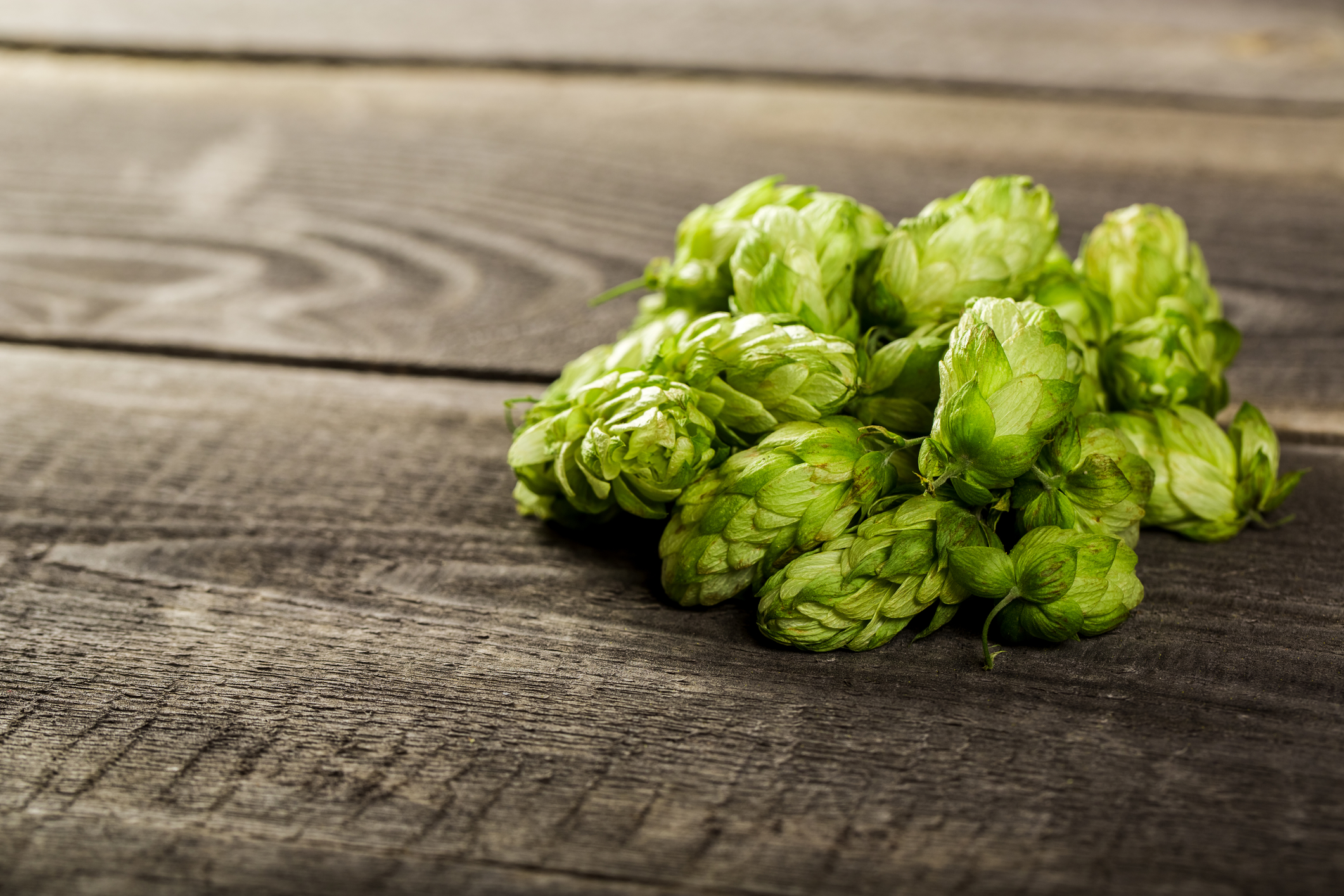
Hops, best known as the plant that gives many kinds of beer its bitter taste, is also sometimes used to treat stress and anxiety. This unusual plant with spiky green flowers can induce sleep, so it's important to use it sparingly. Some herbal practitioners combine hops and valerian in order to aid people suffering from insomnia.
Keep Your Cool With Kava Kava
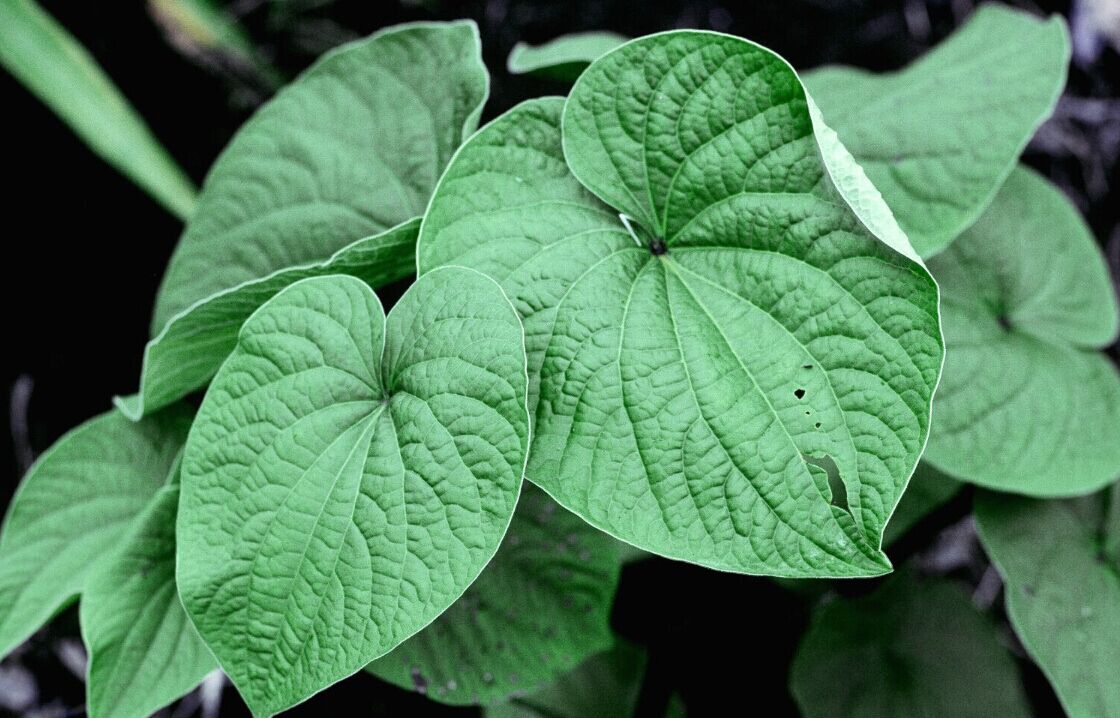
Kava Kava is a Pacific Island plant that has been used for many generations by the first peoples. This plant has many uses but is well known as a treatment for stress and anxiety. It can also be used to manage insomnia as well as many of the symptoms of perimenopause and postmenopause. Kava Kava can be taken in capsule form or as a tea, however, it should not be taken for a long period of time as some evidence shows that it may cause dependency.
Lovely Lavender
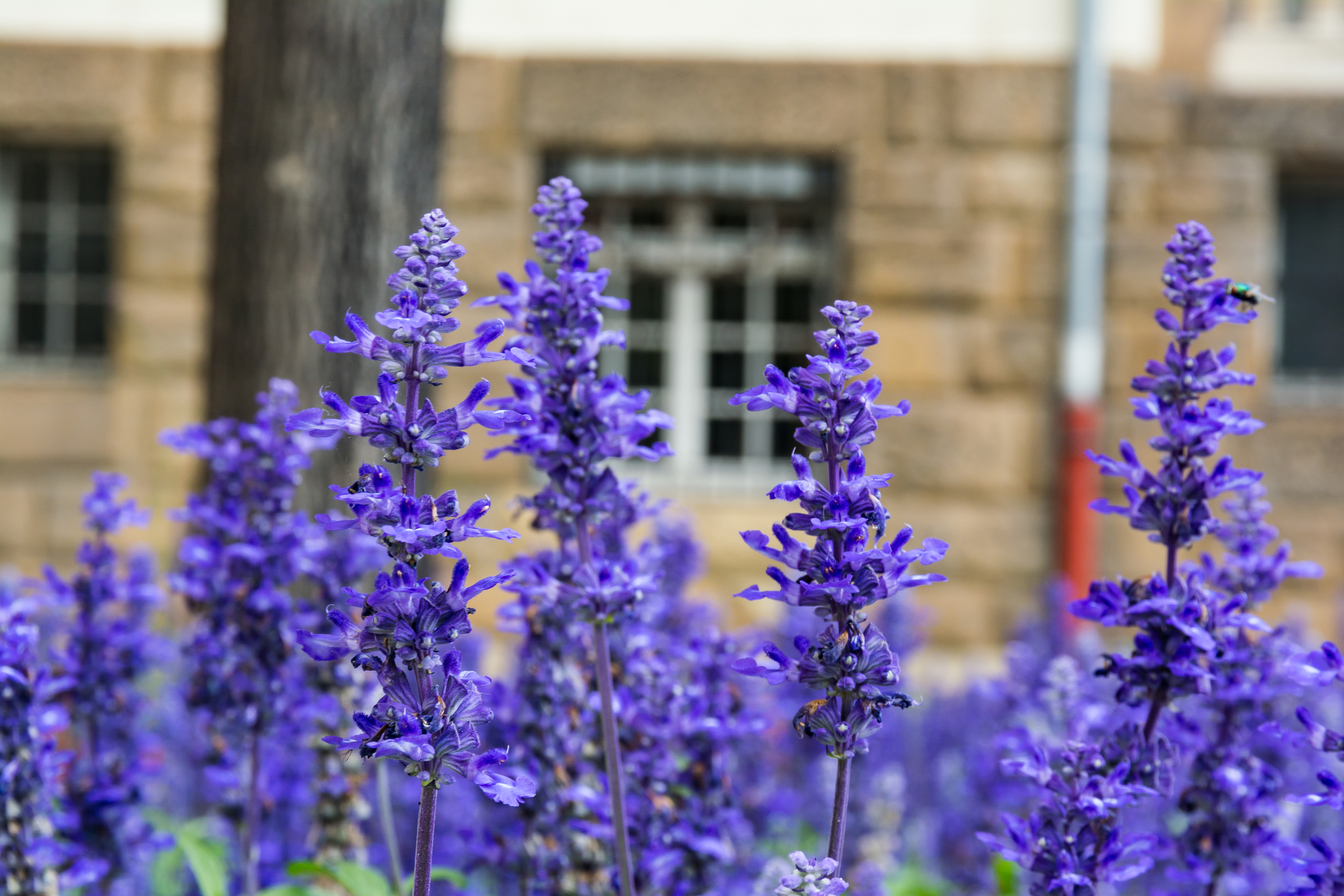
Lavender is a small bushy plant with tiny purple flowers. Its aroma is very relaxing and is often used in sachets to put in the linen closet, or even turned into a linen spray that can be used on sheets before going to bed. Lavender can be consumed, but it has a peppery flavor to it, which doesn't make it great to take if relaxation is the goal. Put dried sprigs of lavender in small jars around the house. Use lavender scented laundry soap for your linens and wear lavender in an aromatherapy pendant to help keep stress at bay.
Lemon Balm Is A Balm To The Mind
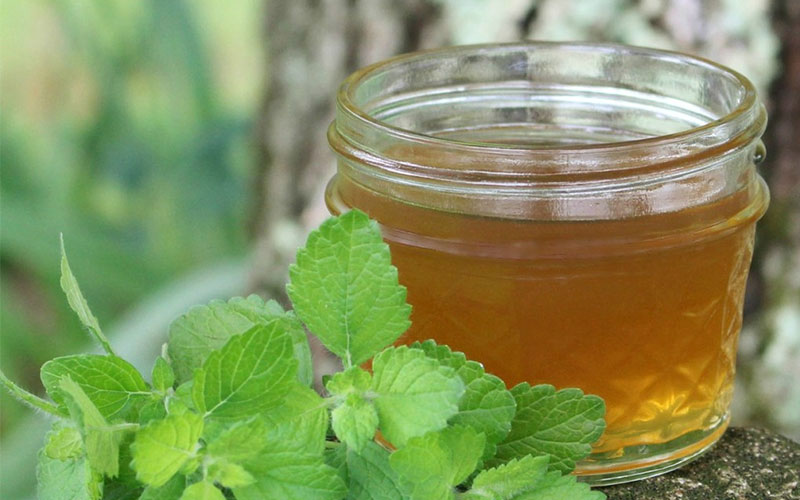
Lemon balm is a plant in the same family as mint, but while mint has a tangy sweet taste and aroma, lemon balm has a distinct scent of lemons. Used in cooking, it provides a tangy lemon-like flavor. But when dealing with stress, the aroma of lemon balm has an uplifting effect, so it is perfect to use in aromatherapy at times when concentration is necessary and when one is already fatigued. It is said to also help those suffering from insomnia and is especially effective for menopausal women.
Licorice Root
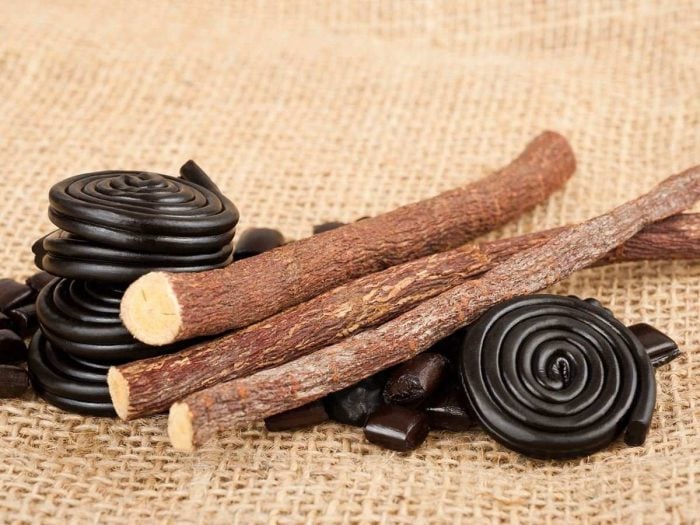
While many sing the praises of St. John's Wort as an herbal treatment to reduce stress, licorice root does what St. John's Wort does, but with less risk. It acts upon the adrenal glands, which helps to reduce the effects of stress on the body. Licorice root also has pain-relieving qualities which can be helpful, particularly for women who are experiencing pre-menstrual syndrome (PMS) related discomfort and anxiety. Caution should still be practiced, however, and those with high blood pressure should not take this herb.
Meadowsweet Mellows The Mind
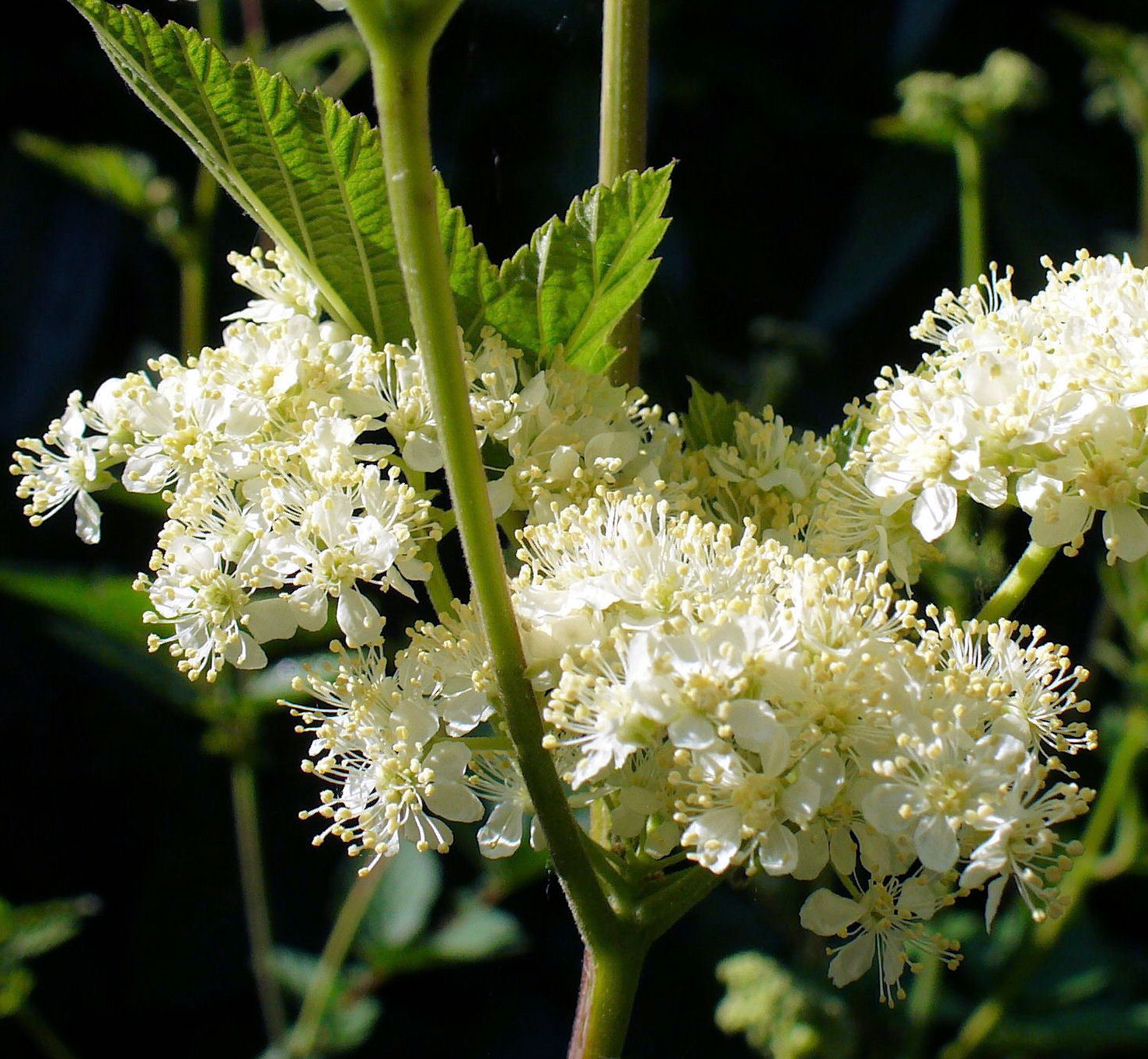
Highbury Wildlife Garden
Often mistaken for a weed, meadowsweet is a pretty plant, with clusters of tiny white flowers. This seemingly unimportant plant actually hides a potent medicine that alleviates headaches brought on by stress and anxiety due to the presence of salicylic acid, the same compound which is in Aspirin. Meadowsweet is available as both a supplement and as tea. While this herb is safe for most, those who have aspirin allergies and those who have asthma are cautioned to steer clear.
Pretty Purple Passion Flower
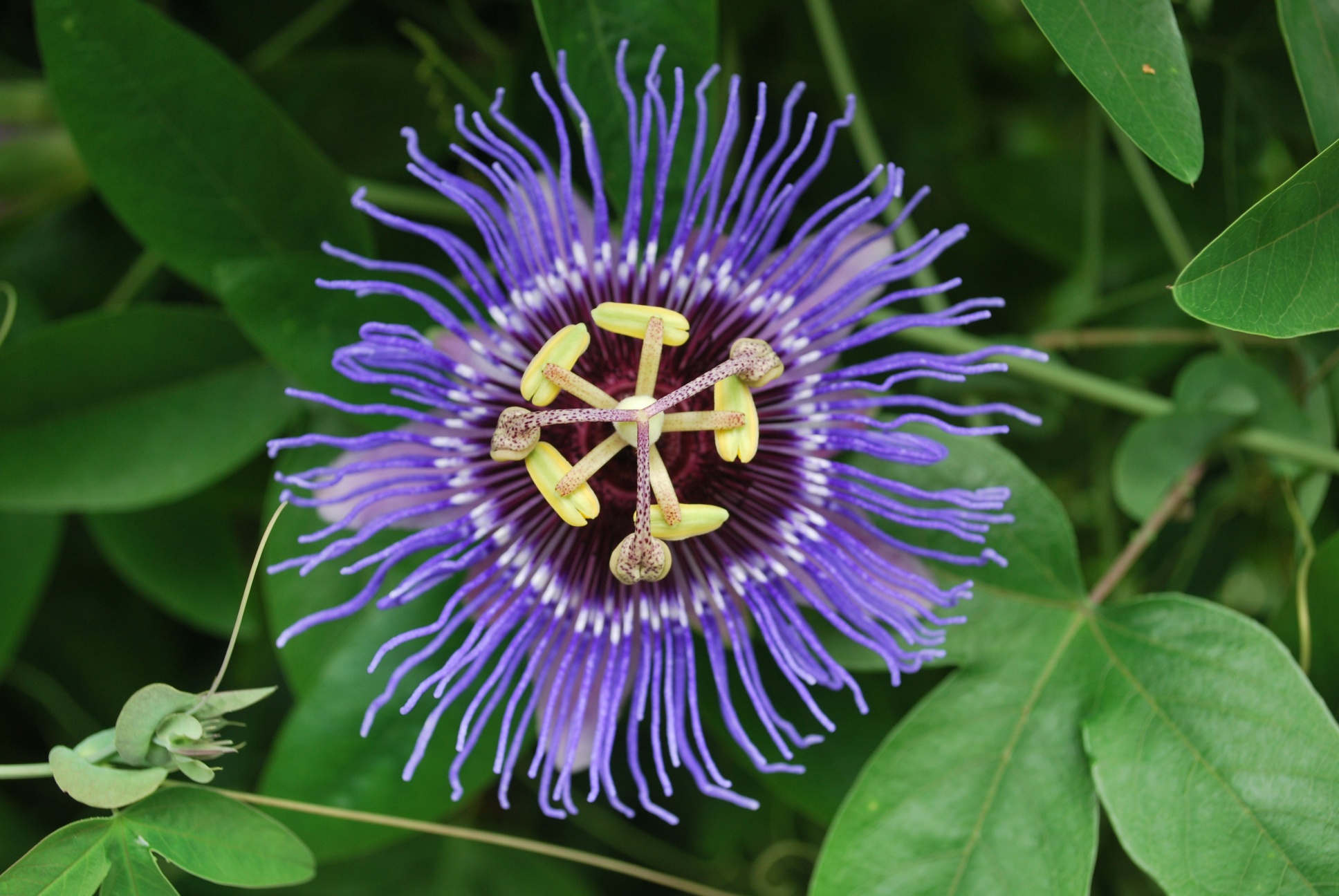
The Flourishing Tree
The passion flower plant is more than just a showy flower that grows on vines or small bushes in tropical regions around the world. It is also a well-known herbal treatment for anxiety-related conditions. Those who use this herb report a reduction of jitters and nervousness. Passion flower also has sedative properties, which helps insomniacs get better or longer sleep. Because of these sedative properties, it should never be taken with other sedative herbs like valerian, nor should users take passion flower before driving, operating heavy machinery or doing anything that requires fast reflexes and a great deal of attention.
St. John's Wort

While the name doesn't sound terribly appealing, St. John's wort is a well known and time-tested herb that has been used for centuries for a variety of stress-related ailments. It is sometimes used to counter anxiety and mild depression, particularly for women's PMS symptoms. Also sometimes mistaken for a weed, St. John's Wort is a tall plant with tiny yellow flowers. Be careful while taking this, as St. John's Wort may cause adverse reactions with other supplements or medications.
Valerian
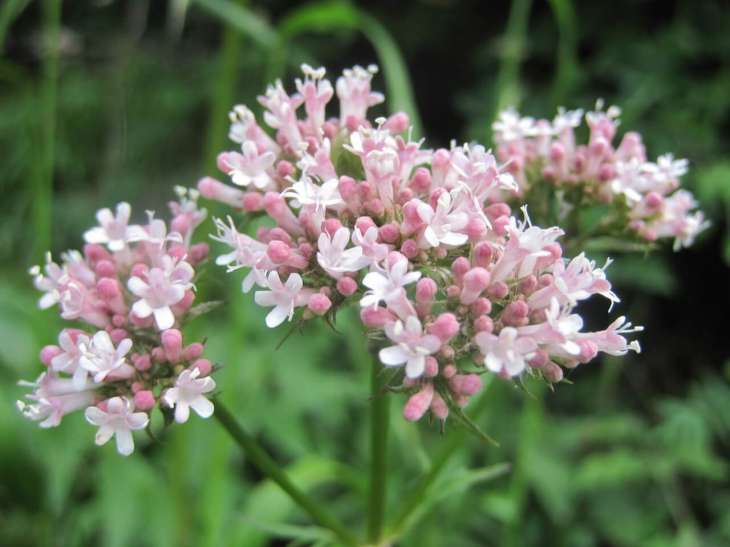
The valerian plant is can grow as tall as five feet high and has clusters of tiny pink or white flowers. But people don't use the flowers as an herbal medicine to reduce anxiety and treat insomnia -they use the root of the plant instead. This plant is a powerful sedative and is not suggested for use at times when attention is called for (driving, operating machinery, etc.) or for those who are pregnant or breastfeeding. It should never be taken with or shortly after consuming alcohol. Some research shows that constant use of valerian can cause a dependency and that users might develop withdrawal symptoms.
